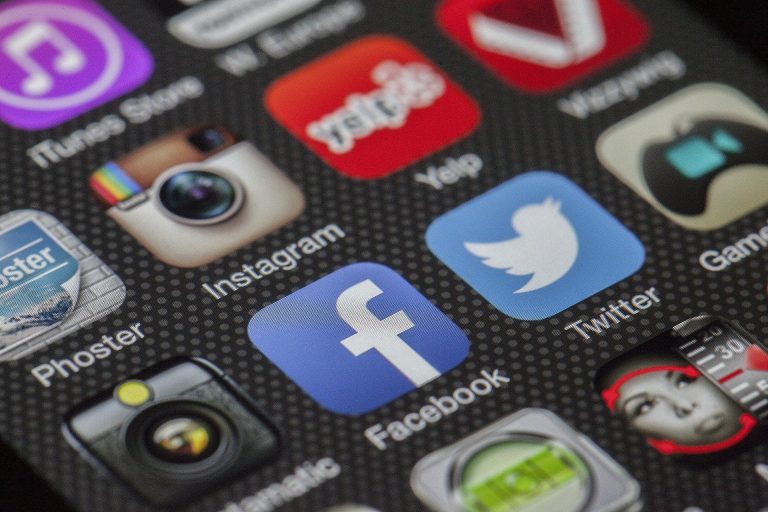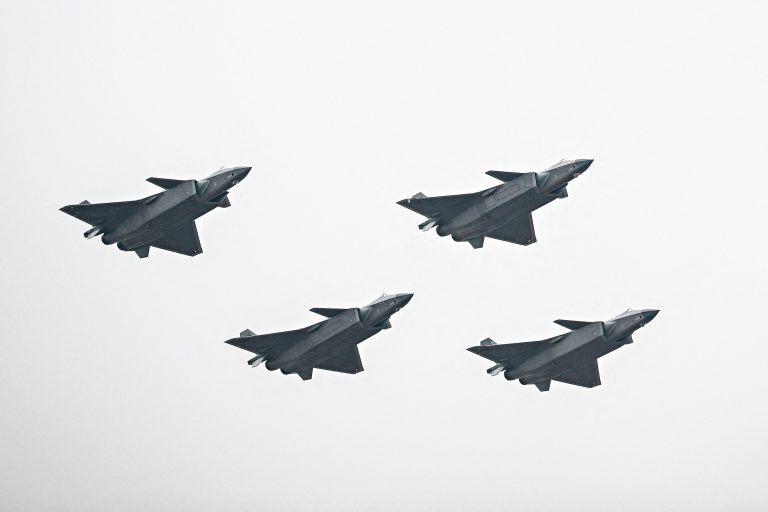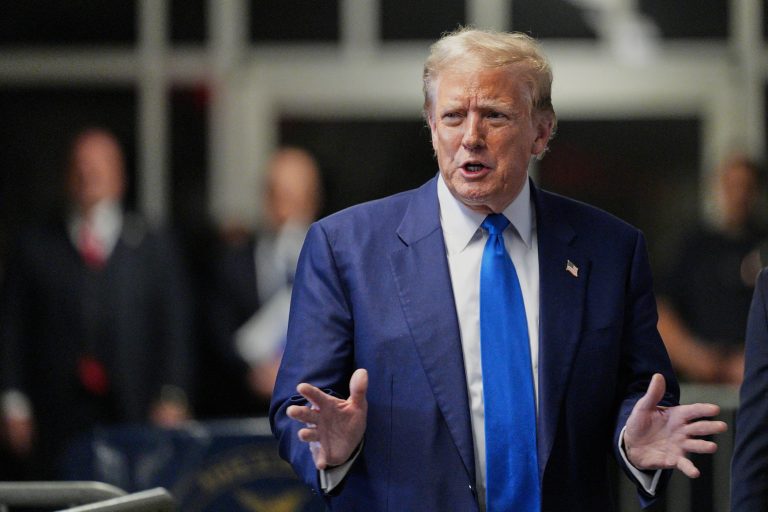The Chinese communist regime is one of the most repressive ruling establishments in the world, cutting off its citizens from free access to information, suppressing dissidents, and brainwashing people into a pro-CCP version of history. However, Beijing’s censorship also extends beyond China to people who live in other countries as well.
A Dec. 31 article by the New York Times (NYT) describes how the Chinese regime is extending its “internet dragnet” to “unmask and silence” critics on social media platforms like Twitter and Facebook. Chinese security forces are using “advanced investigation software” to obtain personal information of critics. Police are “hounding and silencing” those who talk back. Beijing has built up an army of bots, influencers, and diplomats to “drown out criticism” and push forward its narratives.
Beijing has hired private companies to monitor social media, even laying out a grading system that classifies such firms based on their capabilities. One technology firm was offered $1,500 for investigating an account from overseas. When someone posts content critical of the Chinese regime, specialist trackers are hired to find out everything about the individual behind the post. One specialist revealed that he had tracked people living in the United States by accessing driver license records, voter registries, and hacked databases. Social media accounts are used to identify an individual’s friends and family members.
According to Yaxue Cao, editor of ChinaChange.org, a website that covers civil society and human rights, Beijing is aiming to boost self-censorship among Chinese people on social media. “The net has definitely been cast wider overseas during the past year or so… They cut down the things that look spindly and tall — the most outspoken… Then they look around, the taller pieces of grass no longer cover the lower ones. They say, ‘Oh these are problematic too, let’s mow them down again’,” Cao said.
A Chinese student living in Australia was pressured by her father (who lives in China) to delete her Twitter account after the father was summoned by the police. Another overseas Chinese student, who used Twitter to criticize Beijing and support Hong Kong protestors, was asked to delete her Twitter account when she visited her Chinese home. Even after she went back abroad, Chinese police continued to track and monitor her.
Success
You are now signed up for our newsletter
Success
Check your email to complete sign up
A report by ProPublica published in November revealed the story of a Chinese student, who goes by the name Moody, in an American university in Indiana who praised students massacred during the Tiananmen incident in 1989.
He posted his views on a dissident website. Soon, his parents in China called him, crying on the phone. If he didn’t stop what he was doing, “we are all in trouble,” his parents said. The Ministry of State Security warned him against being involved in activism in the United States.
When Moody took part in Zoom rehearsals for an event commemorating the Tiananmen massacre, his parents called him once more under pressure from the ministry, imploring him not to take part in any rallies or public events. He complied and did not participate in the event.
“I think that the Zoom rehearsals were known by the Chinese Communist Party… I think some of the Chinese students in my school are Chinese Communist Party members. I can tell they are not simply students. They could be spies or informants,” Moody said.














